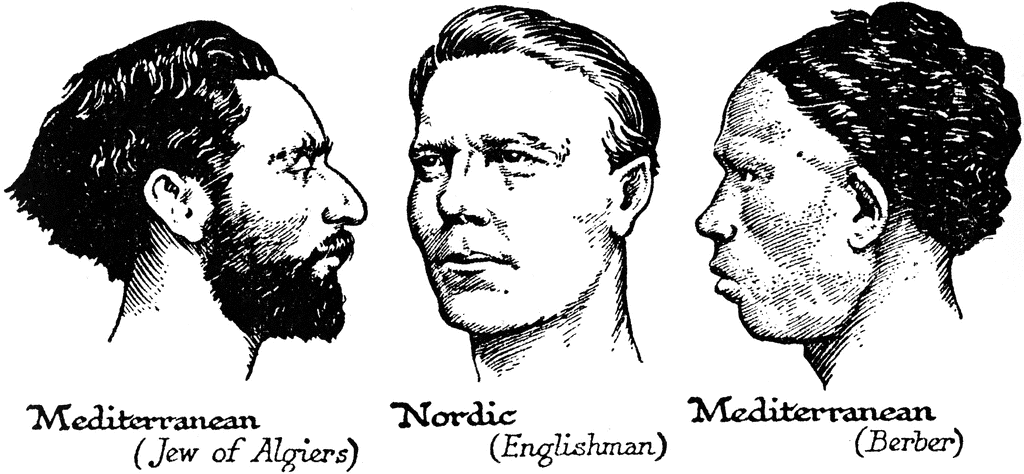The Caucasian race is a term used to describe people originating from Europe, the Middle East, and parts of Asia. The term "Caucasian" was first used in the late 18th century by German philosopher Johann Blumenbach, who believed that the people of the Caucasus region of Eurasia were the most beautiful and civilized in the world.

The Origins of the Caucasian Race
The origins of the Caucasian race are shrouded in mystery. Some scientists believe that the Caucasian race originated in the Caucasus Mountains, while others believe that it originated in the Middle East.

Regardless of its origins, the Caucasian race has had a significant impact on world history. From the ancient Greeks and Romans to the modern Europeans and Americans, the Caucasian race has left an indelible mark on human civilization.
The Ancient Greeks and Romans
The ancient Greeks and Romans are perhaps the most famous members of the Caucasian race. The Greeks are known for their contributions to philosophy, mathematics, and literature, while the Romans are known for their engineering, law, and military prowess.

The legacy of the ancient Greeks and Romans can still be seen today in our political systems, our legal systems, and our cultural traditions.
The Middle Ages
The Middle Ages saw the rise of the Christian Church and the spread of Christianity throughout Europe. The Caucasian race played a significant role in this process, with European missionaries traveling to other parts of the world to spread the message of Christianity.

The Middle Ages also saw the rise of the Islamic Empire, which had a significant impact on the development of art, science, and literature.
The Renaissance
The Renaissance was a period of great cultural and artistic achievement in Europe. The Caucasian race played a significant role in this period, with artists such as Leonardo da Vinci, Michelangelo, and Raphael creating some of the most iconic works of art in human history.
The Renaissance also saw the rise of humanism, which placed a greater emphasis on human reason and individualism.
The Age of Exploration
The Age of Exploration saw European explorers traveling to other parts of the world in search of new trade routes and territories. The Caucasian race played a significant role in this process, with explorers such as Christopher Columbus and Vasco da Gama traveling to the Americas and Asia.

The Age of Exploration also saw the colonization of many parts of the world by European powers. This colonization had a lasting impact on the cultures and societies of these regions.
The Industrial Revolution
The Industrial Revolution saw the rise of industry and technology in Europe and North America. The Caucasian race played a significant role in this period, with inventors such as Thomas Edison and Alexander Graham Bell creating some of the most important technological advancements in human history.
The Industrial Revolution also saw the rise of capitalism and the modern economic system.
World War I and II
World War I and II were two of the most devastating conflicts in human history. The Caucasian race played a significant role in both conflicts, with European powers playing a major role in the causes of the wars and the fighting itself.
The aftermath of World War II saw the rise of the United States as a world superpower, with the Caucasian race playing a significant role in the country's economic and political systems.
Conclusion
The history of the Caucasian race is a long and complex one, with many ups and downs. Despite this, the Caucasian race has had a significant impact on human civilization, with its contributions to art, science, and culture shaping the world we live in today.